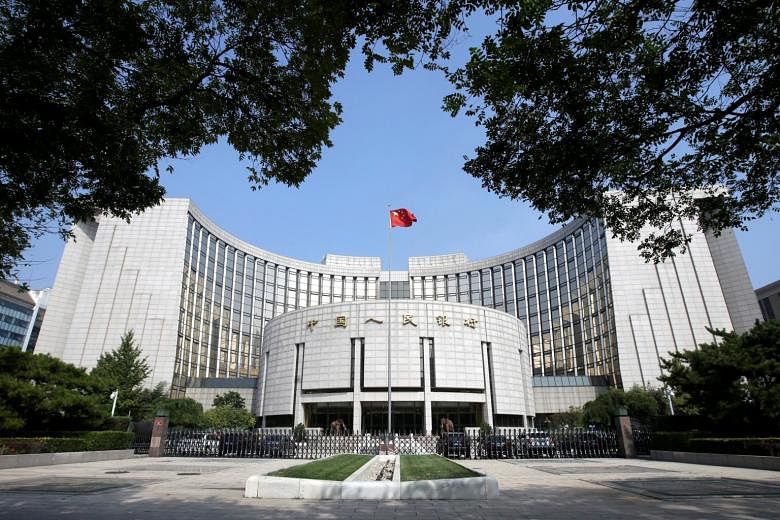SHANGHAI (REUTERS) - Plans by Washington to hike tariffs on US$200 billion (S$273 billion) of Chinese goods could cut China's growth by 0.3 percentage points but the strengthening economy has become more resilient to external shocks, a Chinese central bank adviser said.
The comments by Mr Ma Jun were published by the Finance News, a paper run by the central bank, on Friday (May 10) as United States and Chinese officials undertake last-minute talks in Washington to avert an escalation of a trade war that threatens to derail the global economy.
Chinese Vice-Premier Liu He, US Trade Representative Robert Lighthizer and Treasury Secretary Steven Mnuchin started two days of talks late on Thursday afternoon in Washington after a major setback when a rift opened between the two countries over a draft trade agreement.
Mr Ma said that China would impose corresponding counter measures should US President Donald Trump move ahead with plans to increase duties on US$200 billion of Chinese goods, to 25 per cent from 10 per cent.
"The negative impact of this scenario on China's gross domestic production would be around 0.3 percentage points, this is within a controllable range," he said.
The Chinese stock market was also unlikely to see the same heavy sell-off it experienced last year after the trade war began, he said, adding that investors had previously been prone to overreacting due to an inability to judge the real impact of trade frictions and jitters over slowing economic growth.
"China's real economy performance has improved significantly in recent months... China's current macroeconomic and policy environment should help the market improve its resilience to new external shocks," he said.
He also said that the Chinese central bank had sufficient monetary policy tools to cope with current internal and external uncertainties, and would look to fine-tune policy according to changes in the country's economic situation.

